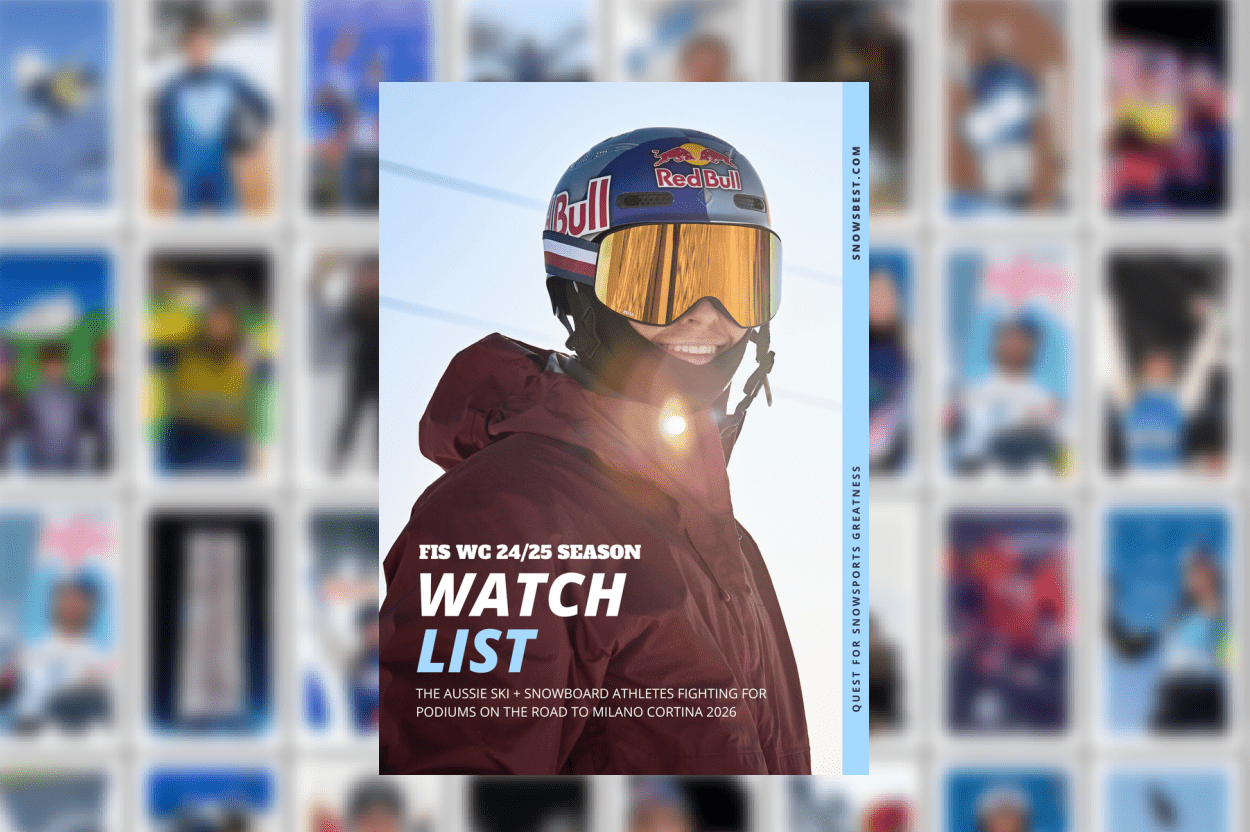When it comes to bucket-list ski destinations, Jackson Hole consistently tops the list for most die-hard snow chasers.
Infamous for steep and deep terrain, and that charming cowboy hospitality, Jackson has skyrocketed into the ski resort hall of fame. In recent years, the attention has been spurred on by hometown hero and snowboard legend Travis Rice, along with innumerable accolades, most notably earning North America’s top 5 rankings in publications such as Forbes, Ski Mag, and USA Today, amongst others.
But with fame, come crowds, and with crowds come infrastructure, though at what cost?
I first visited Jackson in 2011. Back then, the town and the mountain had just started the trajectory to become what they are today.
For Australians (and many other travellers), Jackson was still America’s best-kept secret. Whilst avid snow chasers graced the likes of Aspen and Vail, little old Jackson remained relatively off the radar. Access to the town reflected this, with the journey from home entailing flights to Los Angeles, then Salt Lake City, and finally a charter-like flight to Jackson itself. It was one very long trip.
Thanks to its anonymity, for a few years I got to enjoy relatively short lift queues and plenty of affordability, whether lift passes, accommodation, or food and drinks.
Focusing back on the Resort, the consistent pitch-perfect runs, minimal traversing, easy backcountry access, and relentless dry snow, was happily lapped up in a time where a sneaky case of beer could get you free access up the Gondola.
But over the years, as its popularity rose and prices to match, locals in their cowboy boots and ski bums in oversized flannel shirts were replaced by jet setters in floor-length fur coats and holiday goers in top of the line puffer jackets. RFID scanners and gates left the “beer economy” in its wake and new lifts were installed in places that were formally left to those willing to conquer the sweat-inducing hike.
Jackson had become “the place to be”, and it felt like it was time for me to move on.
My search has taken me to the other side of The Pass, Jackson’s little sister Targhee. Further north, there was Bridger Bowl and Whitefish, both in Montana where the snow was dry and that small-town hospitality remained. Chasing higher still, I’ve ridden Red Mountain, Revelstoke, and Whitewater in Canada, where I found challenging terrain with a pitch to rival Jackson, or in Whitewater’s case, powder dry snow offering all-day refills.
But no matter how much I try to move on, there’s just something irresistible about Jackson.
Could it be 2,500 acres of in-bound steep and technical terrain complemented by an easy access backcountry gate system that opens up an insurmountable 3000+ acres of riding magic?
Or is it the alluring “Big Red”? The 100 people Aerial tram that whisks you 4,139 vertical feet in just 9 minutes. Where riders are in prime position to rip world-class top to bottom runs to their heart’s content.
The unbelievable 526 inches or 13.3 metres of annual snowfall and average winter temperatures of -6ºC (keeping the snow dry and soft) certainly doesn’t hurt.
Not to mention the Burton Stash Parks, mischievously sprinkled throughout the Resort, which challenge the notion of your average Terrain Park. The mix of natural features, wood carvings, and creative elements blend effortlessly with the mountain terrain. Beginners through to pros are offered a unique and natural freeride playground that is hard to find at other resorts.
In all honesty, the list goes on…
Ultimately, I believe it is the amalgamation of these strengths which make Jackson everything you could look for in big mountain fun, whilst providing the creature comforts desired by many in a Resort.
Even though some things have changed, I’m not yet finished with Jackson Hole, and I’m not sure I ever will be.





































